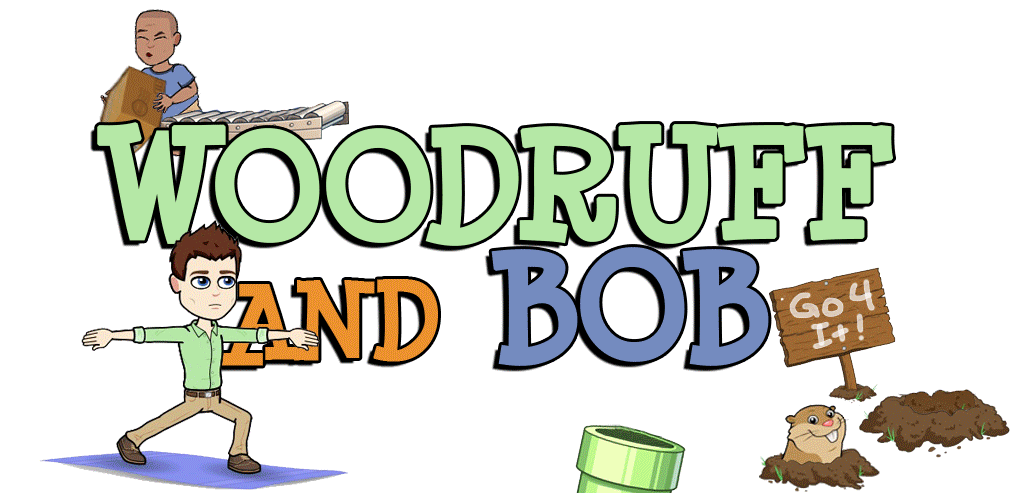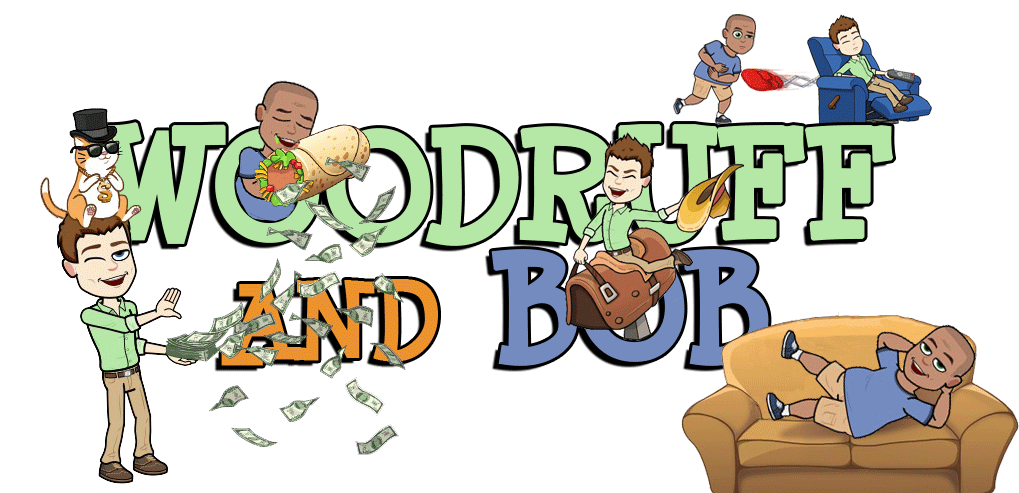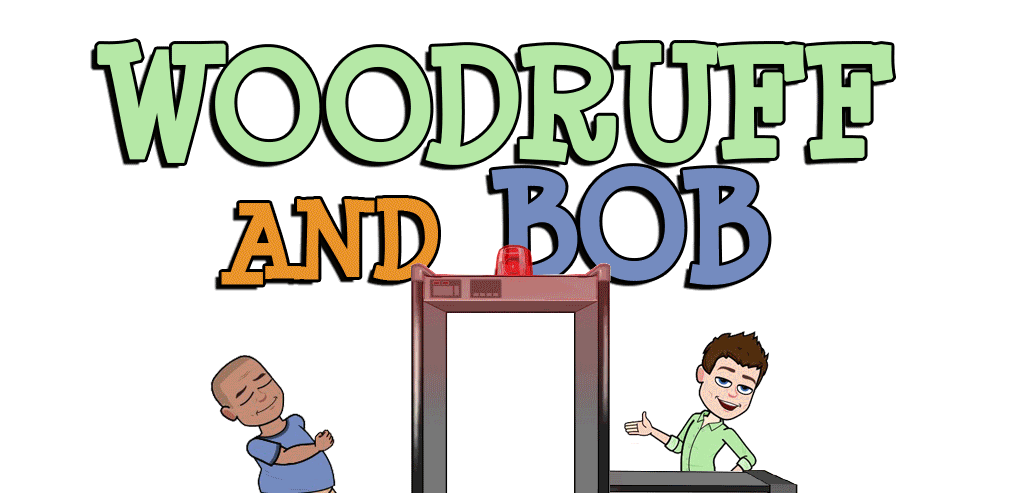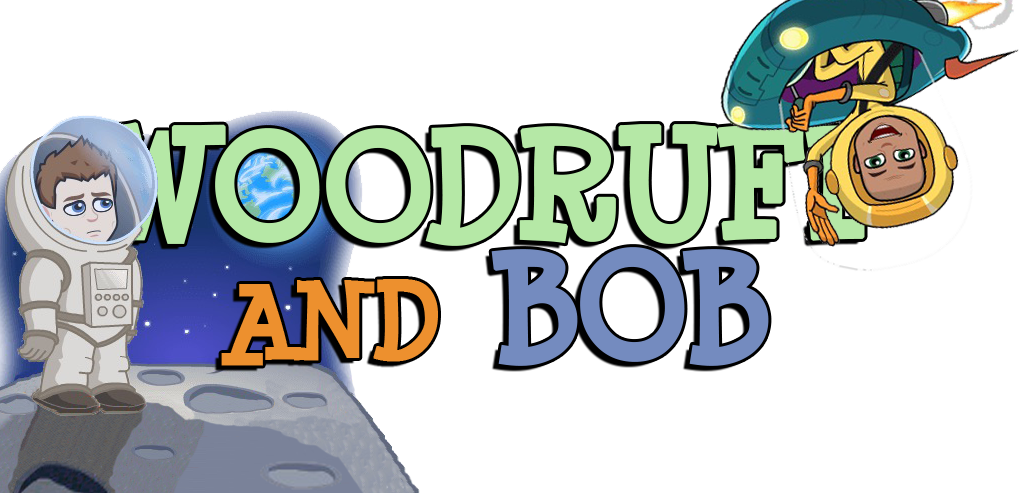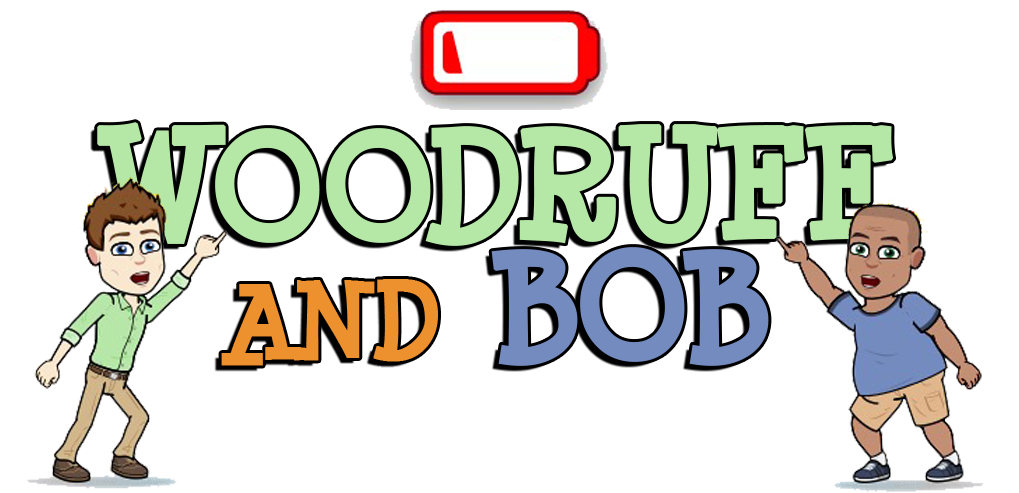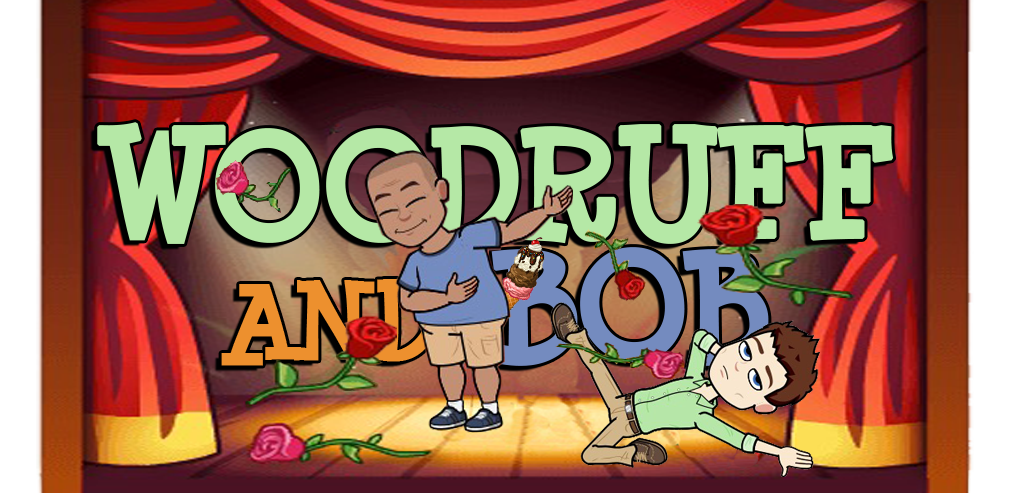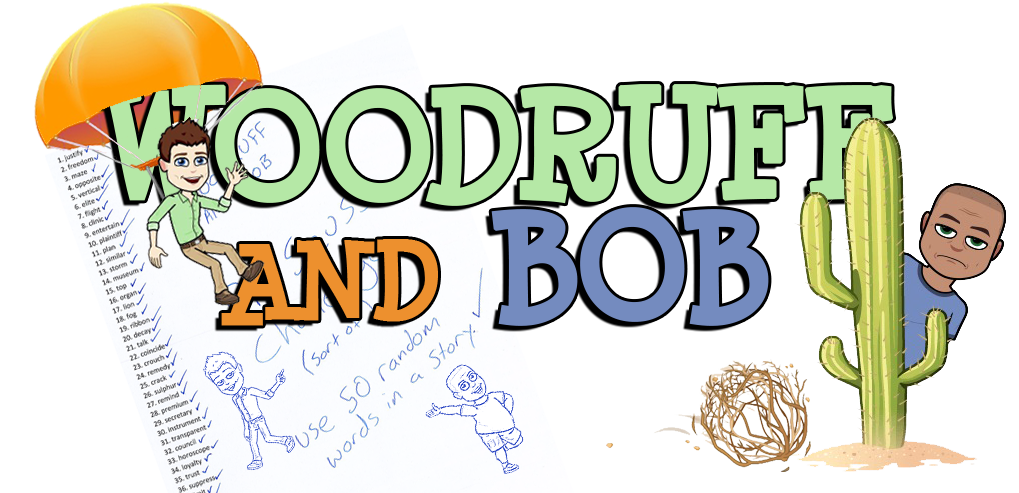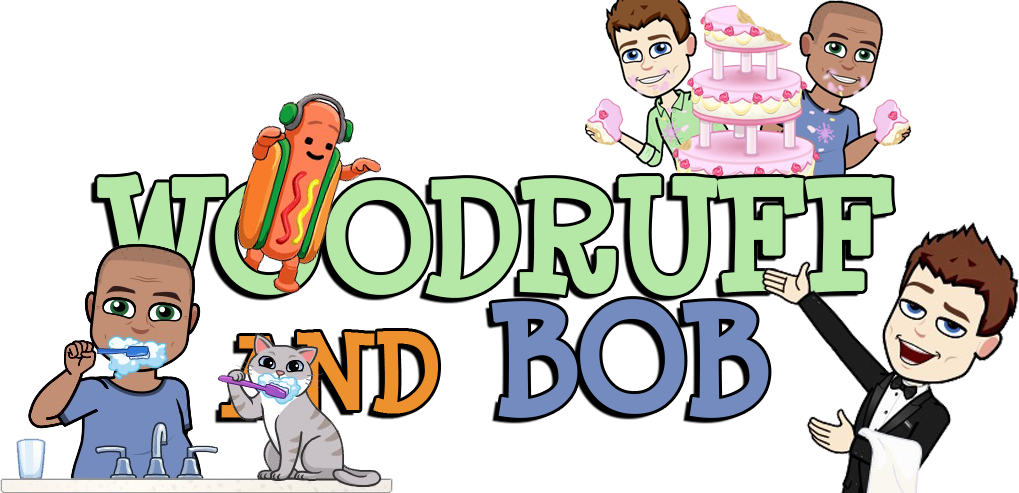Died On The Vine
“Boom!” Bob slapped down a card on the cherry wood tea table. “Draw four.”
“Shoot.”
Woodruff picked up a yellow pencil and began to sketch rapidly on a small pad of paper. He scribbled out four separate images of rubber ducks and handed it over to Bob.
“Come to daddy, duckies.”
“Okay, my turn,” Woodruff picked up a handful of colorful cards and studied them carefully. A wry smile broke across his face as he slowly removed a single card from the arrangement and laid it on the table between them. “Reverse.”
“Crud,” Bob said. “Uh, I mean, durC. Um, esrever ni kaeps ot evah I od gnol woH?”
“Until I say so.”
“riafnU.”
“You’re the one who wanted to play no holds barred Uno,” Woodruff said. “It’s a high stake, take no prisoners, game.”
Rows and rows of green bushes and vines stretched down the hillside from where they sat. In the distance, a tall thin man in a black suit made his way up the hill. The man wore a bowler hat and carried an umbrella in the crook of his arm.
“taht s’ohW?
“Dunno,” Woodruff shrugged his shoulders.
They watched the distinguished gentleman sail through the lush vineyard in their direction. White billowy clouds hung in the blue sky, like heavenly spectators for their game of cards. With the thin man still several yards away Bob turned his attention back to the tea table.
“nrut yM.”
Woodruff eyed the approaching stranger for another moment before turning to face his opponent.
“Whatcha got?”
“piks, peew dna ti daeR.”
“Aw man.”
The tall thin man ceremoniously presented himself and removed his bowler hat.
“Monsieur Woodruff et Monsieur Bob. Bonjour, je suis Alcott Stirling.”
“Bonjour,” Woodruff said. “Parlez vous English?”
“Ah, yes,” Mister Stirling said. “Actually, I’m from England. But when in Rome.”
The tall thin Englishmen gestured to the green sweeping countryside surrounding them.
“ecnarF si siht, emoR t’nsi sihT,” Bob said.
“I beg your pardon,” Stirling said.
“Oh, uh, Bob I release you.”
“I said, this isn’t Rome, this is France.”
“Right you are, Master Bob.”
“How do you know our names?” Woodruff asked.
“I represent Hewing, Durker, and Crane.”
“The publisher?” Woodruff asked.
“Quite right,” Stirling replied. “It took quite a bit of doing to track you down.”
“Track us down?”
“We are eager for a reply to their inquiry.”
“What inquiry?”
“I’ve left several messages.”
“I didn’t get any messages,” Woodruff replied. “Bob, did you?”
“Yeah, I posted them on the grapevine.”
“What?”
“I put them back over there on the grapevine.”
Bob rose from his chair and pointed to a red brick wall, with a waist-high hedge running along it. Strewn across the lush green leaves were several small white papers tucked between long tangled vines. Woodruff walked further up the hill to the nearest piece of paper and loosed it from the grapevine.
“Mr. Stirling called again about Salubrious Women,” Woodruff read aloud.
“Your blog has gained quite a following,” Stirling explained. “Despite not posting for nearly a year, your following has reached quadruple digits. Everyone is wondering what happened to Coleen and Sheila.”
“We don’t do that anymore,” Bob said. “We’ve moved on.”
“But there is clearly an audience clamoring for your advice,” Stirling said.
“How did you find us, anyway?” Woodruff asked. “We never used our real names.”
“The IP address for your postings led to an encyclopedia shop in the United States,” Stirling began. “An irritated gruff woman name Carmela told us who you were. From there, we searched your last known address and next of kin. The firm dispatched a private investigator who ran across a homeless man who gave us a Google phone number you use in case of emergency.”
“Homeless man?”
“He means Kenny,” Bob said. “And the term is Vagabond American, Mr. British K. Snooty Pants.”
“We have an emergency phone number?”
“Uh, yeah we do. Like we’re just going to go parababooning in the south of France without an emergency contact.”
“Para-what?” Stirling asked.
“Parababooning,” Woodruff replied. “It’s basically skydiving with a baboon strapped to your back.”
“It’s next level parachuting,” Bob added.
“Bob, why didn’t you tell me about these messages?”
“I put them right here for you.”
“On the grapevine?”
“Yeah, what’s the point of staying in a vineyard if you don’t use the grapevine?”
“How does that make any sense?”
“It’s a grapevine, you know, I heard it through the grapevine. I put all your messages here. On the grapevine.”
“All my messages?” Woodruff looked down the vine at a dozen other pieces of paper.
“Yeah,” Bob walked down the vine and pulled off a slip of paper. “Like this one, from your sister.”
“I don’t have a sister.”
“Oh right, hold up,” Bob ran down to the far end of the row. He plucked the first note and hurried back to deliver it to Woodruff.
“Woodruff, Ancestry DNA is trying to contact you about your sister,” Woodruff read aloud. “Bob!”
“What!”
“You didn’t tell me I have a sister?”
“I did!”
“You didn’t!”
“I did, through the grapevine!”
“Excuse me, gentlemen,” Stirling interrupted. “Perhaps this is not the best time. May I call on you tomorrow in regards to our proposition.”
“I’ll stop you right there, Redcoat,” Bob said. “We’re out of the women’s health game.”
“If you would just hear our offer, it’s very generous.”
“Pass,” Woodruff said. “Besides, last time I was propositioned by an Englishman in a bowler hat I ended up crew captain for a Somali pirate warlord.”
“I miss Abshir,” Bob said.
“Be reasonable, we’re offering…”
“Bup bup bup,” Woodruff waved his hands and shook his head at Mr. Stirling. “Nope! The answer is no. Coleen and Sheila are retired.”
“Very well,” Stirling said. He returned his tiny bowler hat to his narrow head and tucked his umbrella under his arm, indignantly. “Good day.”
“It is a good day,” Bob replied, matching his indignation.
The tall Englishman spun on his heels and departed the way he came. Woodruff turned back to the grapevine and surveyed the varied messages.
“Book deal, book deal, home warranty extension, book deal,” Woodruff muttered aloud. “What’s this?”
Woodruff pulled a note free from the vine and held it up to eye level. Bob leaned in and read the hand scribbled note.
“Oh that,” Bob said. “Your credit card company thinks someone stole your identity.”
“What?!”
“Yeah, apparently there’s been some unusual purchases.”
“Unusual purchases?”
“Yeah, a two-hundred-dollar pair of Oakley goggles, eleven crates of pomegranates, six cans of spray cheese, and a couple of baboon harnesses.”
“That was you, Bob.”
“Well I know that, but your credit card company thought it was suspicious.”
“Bob?”
“They froze your account,” Bob replied sheepishly as he backed slowly away.
“Bob!”
“You really should check your messages.”
Woodruff lunged forward, just missing Bob as he tucked and rolled down the hill. Waving his hands high above his head, Bob sprang to his feet and dashed down a long row of grapevines, staying just out of reach of Woodruff’s long arms.
